What Two Years of Social Work at the South Los Angeles Shelter Has Made Possible
A recent article in Capital & Main shines a necessary light on work that often happens quietly, at the margins, and under immense pressure: the Social Work Program at the South Los Angeles Shelter, led by Jackie Parra and operated by Downtown Dog Rescue.
Keeping People With Their Pets Can Help L.A.’s Housing Crisis — and Mental Health
For two years, Jackie has been embedded at the South Los Angeles Animal Services Shelter, meeting people at one of the most destabilizing moments of their lives—when they believe surrendering their pet is their only remaining option. What the article makes clear is this: when social work is placed directly inside the shelter system, outcomes change—for people, for animals, and for the broader community.
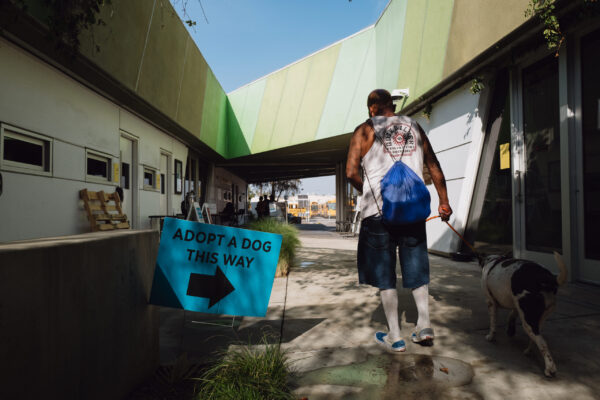 Robert Valenzuela and his dog, Mamas, walk through the gates of the South Los Angeles Animal Shelter on Dec. 2025. Zaydee Sanchez/Capital and Main
Robert Valenzuela and his dog, Mamas, walk through the gates of the South Los Angeles Animal Shelter on Dec. 2025. Zaydee Sanchez/Capital and Main
The Numbers Tell a Powerful Story
As of the end of December, the Social Work Program has achieved measurable, human-centered impact:
-
383 in-depth meetings with clients enrolled in the program
-
1,945 meaningful referrals to service providers, spanning housing support, mental health care, domestic violence services, veterinary care, food access, and legal resources
These are not casual hand-offs or pamphlets. Each referral represents time, follow-up, trust, and navigation through systems that are often fragmented and difficult to access—especially for people experiencing homelessness, housing instability, trauma, or poverty.
Why Social Work Inside a Shelter Matters
Animal shelters are often treated as endpoints. In reality, they are crossroads—where housing insecurity, mental health crises, domestic violence, economic hardship, and systemic inequities all converge.
For many people, their pet is not incidental. Their animal is emotional stability, protection, routine, and love. When someone is forced to choose between housing and their pet, the result is almost always compounded loss.
Jackie’s role changes that equation. She listens first. She assesses what is actually happening in a client’s life. She connects people to services that can stabilize their situation before a surrender becomes permanent.
The Capital & Main article highlights how this approach not only keeps pets with their people, but also supports housing retention, mental health stability, and long-term resilience. This is prevention work—quiet, rigorous, and deeply effective.
What’s at Risk
Despite its success, this program is fragile.
Jackie’s position has been funded through time-limited grants. That funding is ending soon, even as demand for services continues to rise. Without sustained donor support, the Social Work Program at the South Los Angeles Shelter is at risk of disappearing—along with a proven model that keeps families together and reduces unnecessary suffering.
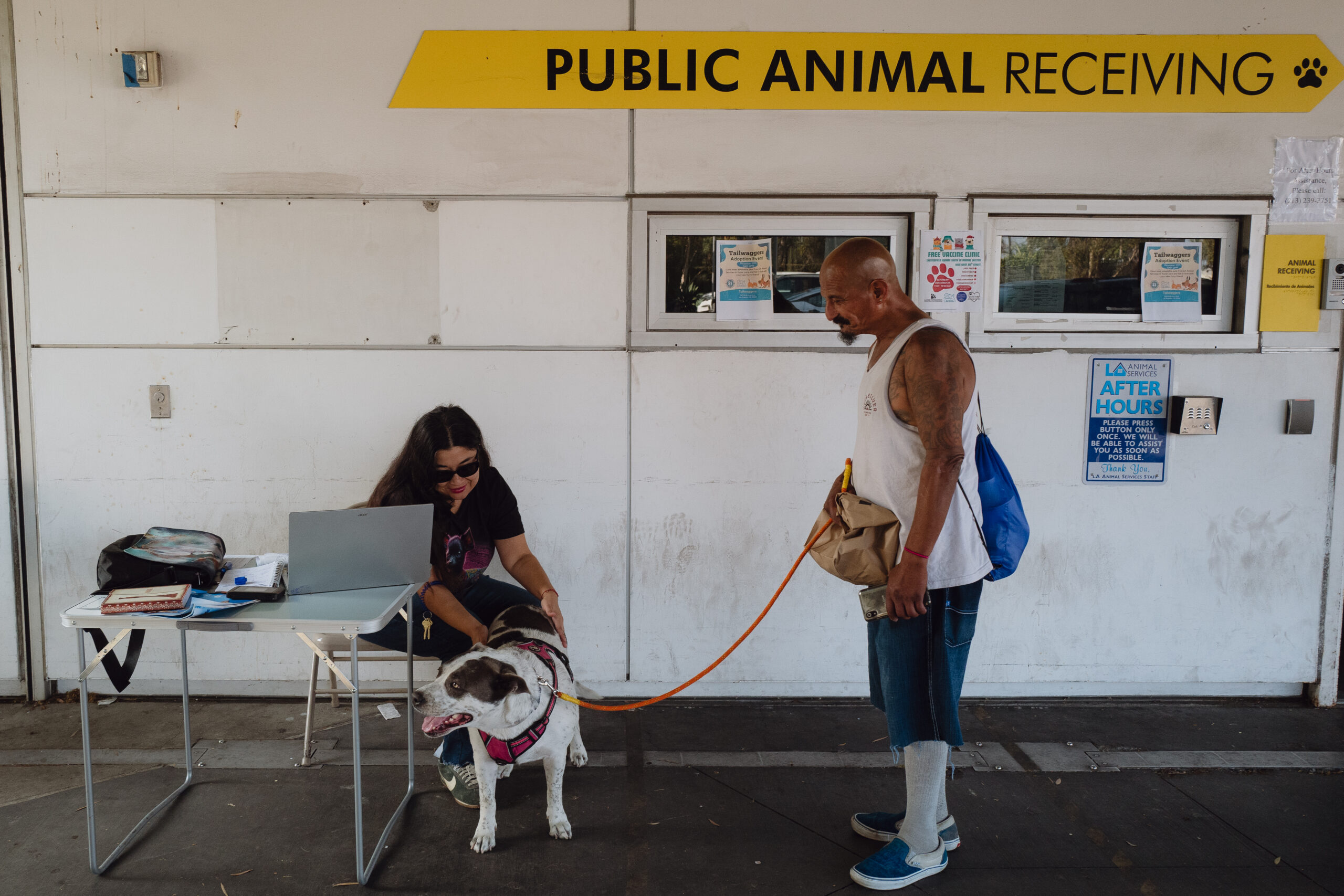


 Tuxedo 5 month old male puppy
Tuxedo 5 month old male puppy 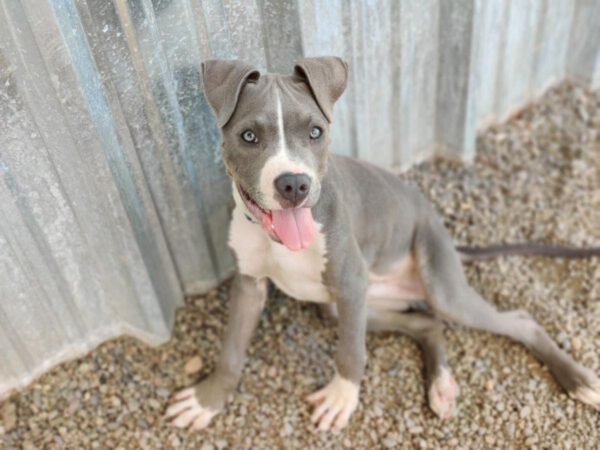 Smurf 5 month old male puppy
Smurf 5 month old male puppy 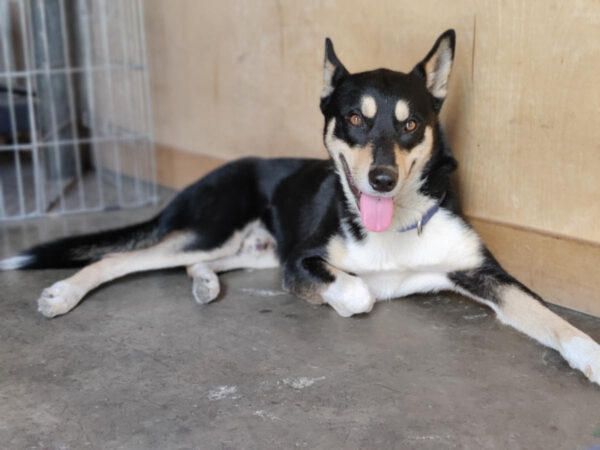 Buddy, a young Husky mix
Buddy, a young Husky mix  Sahara a female, 10 months who loves to play!
Sahara a female, 10 months who loves to play! 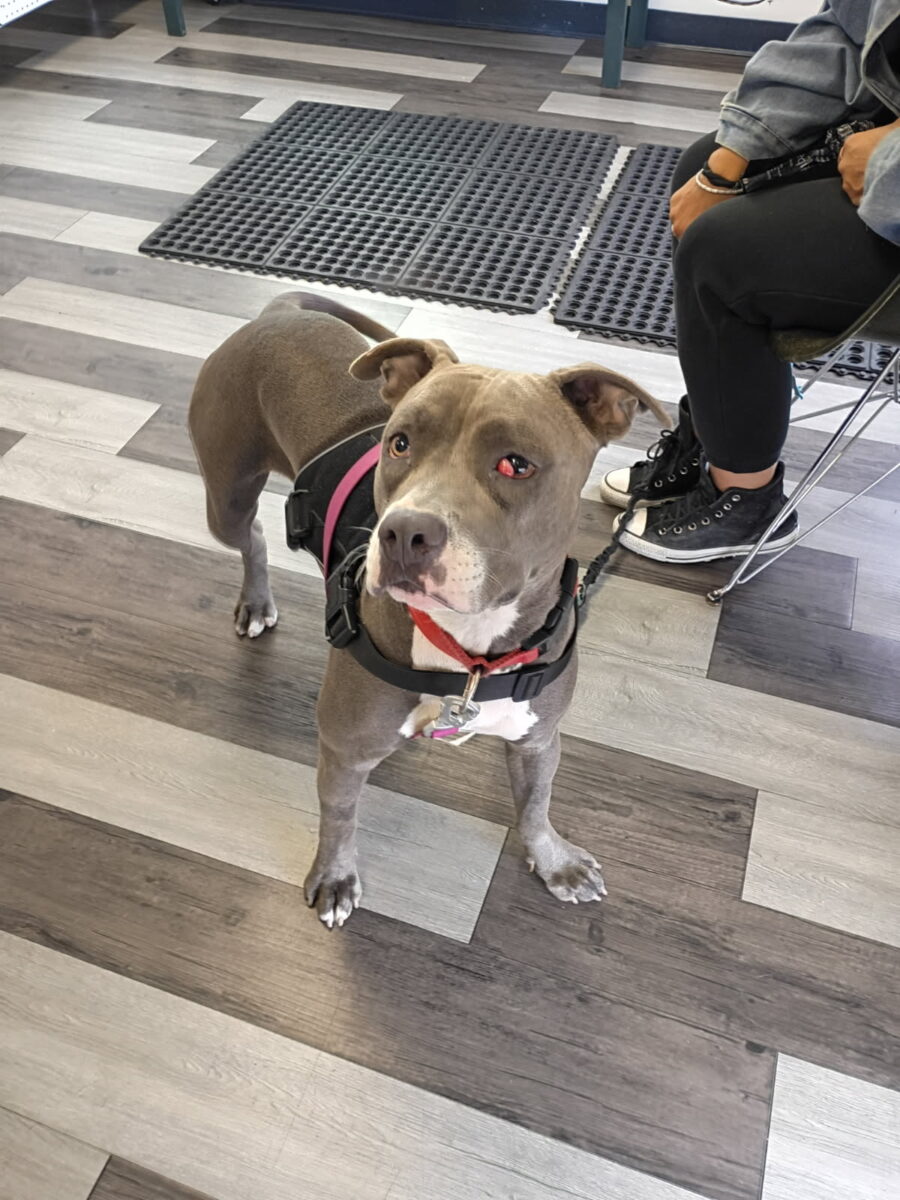
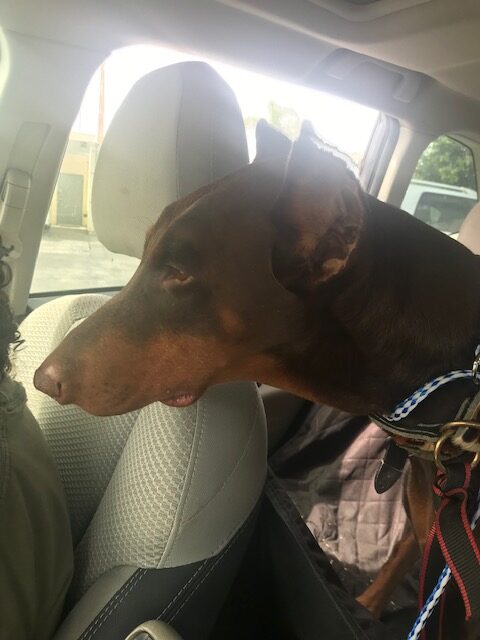
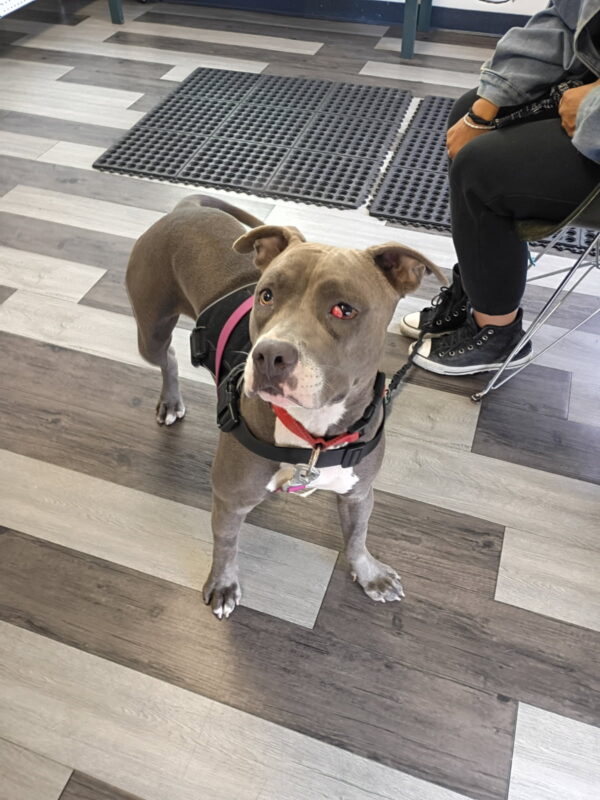


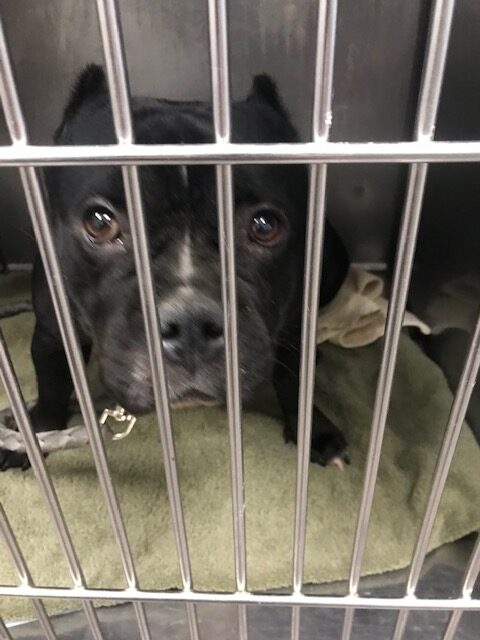 Spayed at our Maywood Clinic by Dr. Rachel Hoffman
Spayed at our Maywood Clinic by Dr. Rachel Hoffman 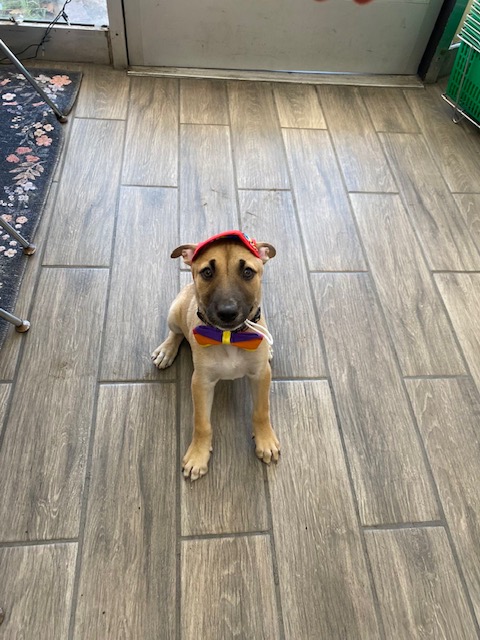 Puppy “King” was neutered and his person received $200 cash
Puppy “King” was neutered and his person received $200 cash 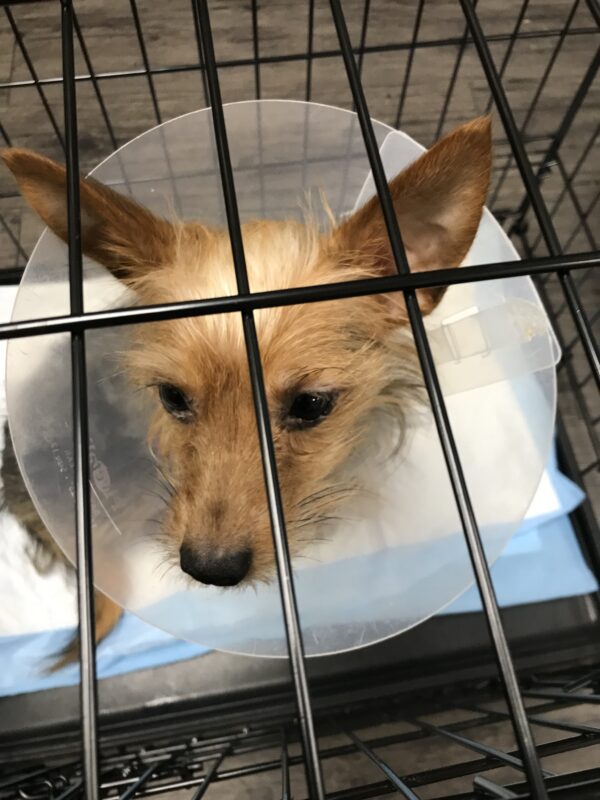 Jojo was neutered along with his siblings
Jojo was neutered along with his siblings 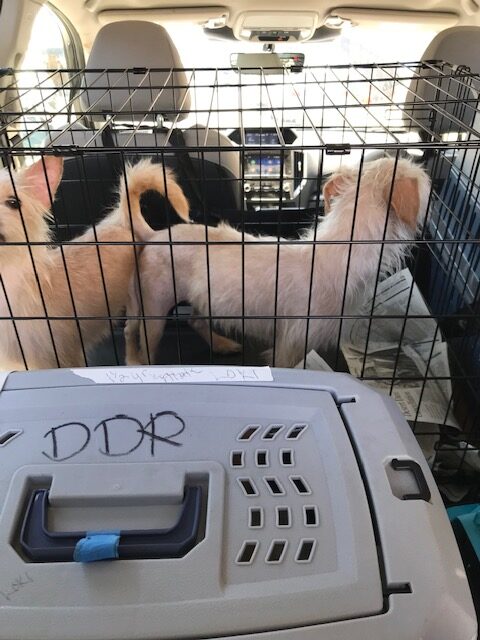 Dogs transported to and from our Maywood Clinic
Dogs transported to and from our Maywood Clinic 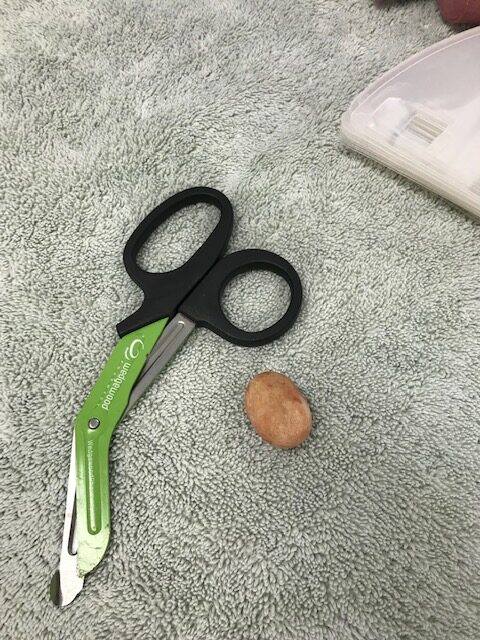 Kidney stone removed during surgery
Kidney stone removed during surgery 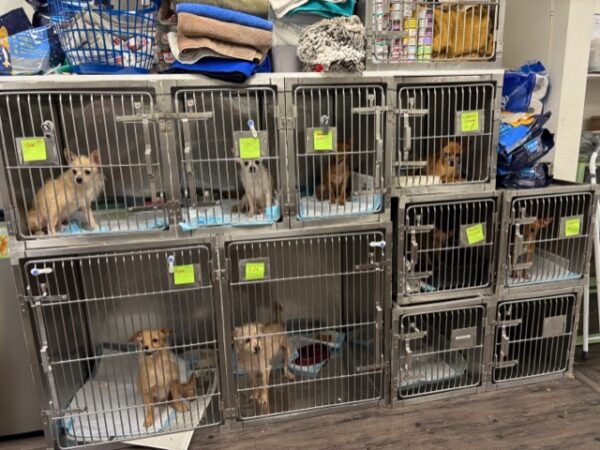 Dogs waiting to be spayed and neutered at our Maywood clinic
Dogs waiting to be spayed and neutered at our Maywood clinic 










 Running these clinics is not inexpensive. We bear the costs of staff salaries, medicines, and supplies, just like any for-profit veterinary clinic. To continue providing these critical services, we urgently need your support. A donation of $100 covers spay/neuter and vaccinations for a cat, while $200 does the same for a dog.
Running these clinics is not inexpensive. We bear the costs of staff salaries, medicines, and supplies, just like any for-profit veterinary clinic. To continue providing these critical services, we urgently need your support. A donation of $100 covers spay/neuter and vaccinations for a cat, while $200 does the same for a dog.




